Six fascinating things you should know about cell cycle laureate Sir Paul Nurse
Sir Paul Nurse, The Francis Crick Institute
At Singer Instruments, we strive to show ‘responsibility to science’. So much so that we put it in our tagline.
For us it means channelling our passion for precision engineering and microbial techniques into first-rate instrumentation that empowers scientists to push boundaries with their crucial work.
As such we’re very proud of the role our products and services have played over the years in supporting research into fundamental biological processes, particularly within the yeast community.
Work using yeast as a model organism has led to no less than five Nobel Prizes. Which is why we were so chuffed when in 2001, longterm collaborator and friend of Singer Instruments, Sir Paul Nurse, became a Nobel laureate along with Tim Hunt, for their pioneering work into the cell cycle and its regulation.
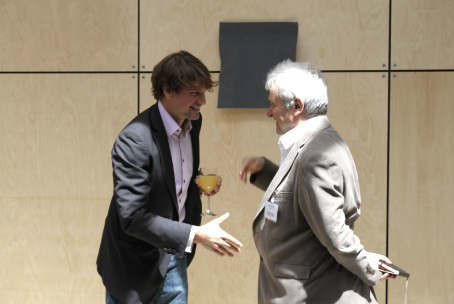
For Singer Instruments, this was a time when our ‘budding’ relationship with the yeast community, and their preoccupation with tetrad dissection, was inspiring the birth of our infamous scopes. The generous and thoughtful contributions from several different labs are part of what made the MSM and later the SporePlay+ the microbial linchpins they are today.
In 2017, we had a long overdue catch-up with Paul, now chief executive of one of Europe’s biggest biomedical labs – The Francis Crick Institute – among numerous other titles and accolades. If, like us, you get giddy around Nobel laureates, then here are six fascinating things you might not have known about everyone’s favourite Nobel yeast geneticist:
1. Paul Nurse loves our tetrad dissection scopes!
“Yeast geneticists invariably have to do tetrad dissection and analysis. Now that is a difficult technique. Actually, when I first learned it I did it by hand without a manipulator! I was taught to do that in Switzerland, you need a steady hand for that.
“The piece of tech which made tetrad dissection easy for both students and post-docs in my lab was the MSM 400 because they saw it as something fun to use, so much so that they forgot to worry about how ‘difficult’ it is picking up and pulling spores apart.
“Basically I can just say ‘Look, here is the machine. There is the manual, get on with it, play with it and work.’ The MSM 400 really has been quite an important and useful addition to our lab.”
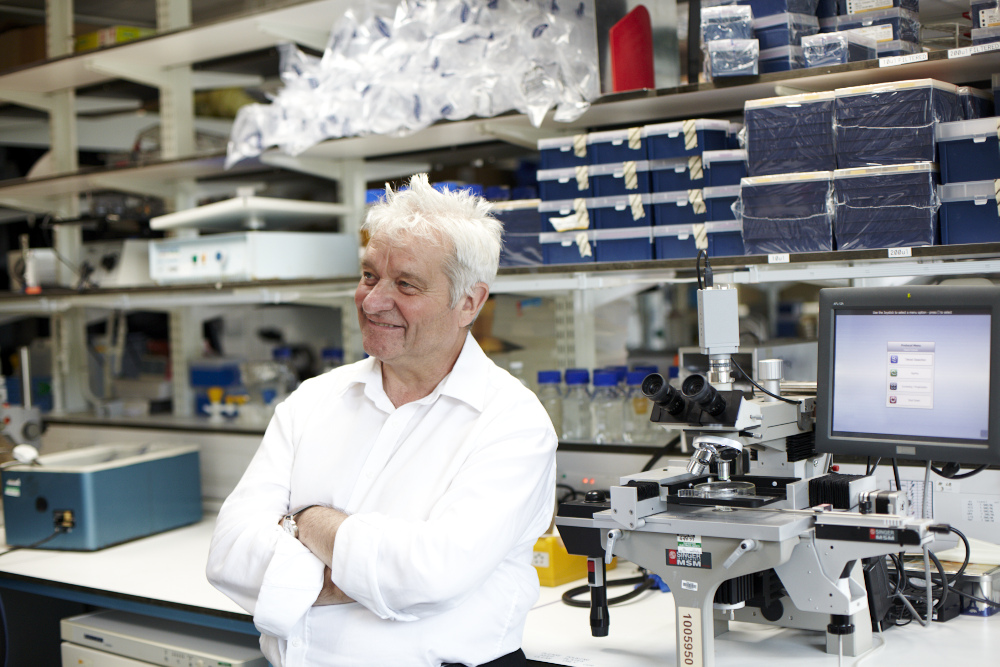
2. He still makes time to spend at the lab bench.
“My life is a little complex. I have three jobs! I spend a surprising amount of time with my lab though, much more than people think. I spend as much time there as I do with the Royal Society or running the Francis Crick Institute. Nevertheless I still feel guilty about it, I don’t think I spend enough time there. So I’ve really reduced and refocused what I have to do. I don’t go to so many conferences for example.
“I always have and still do engage with primary results. So I’m not just listening to somebody in a PowerPoint presentation and then putting that data together into a paper. I’m looking down the microscope. I’m looking at gels and at real time PCR plots. I talk about the data with my students, because everyone needs help sometimes. If my post-docs ask for a second opinion I’ll do that for them too, but I don’t want to be breathing down their necks.”
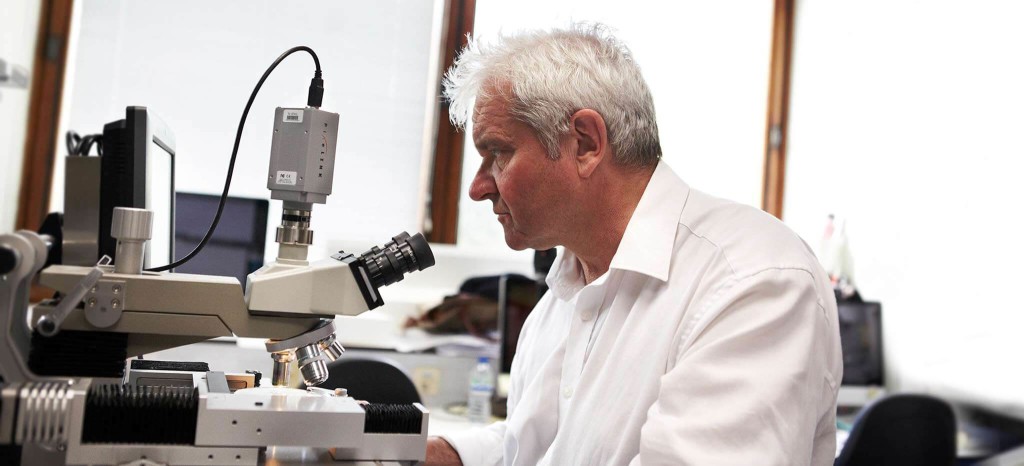
3. Like any good scientist, he still feels self-doubt.
“I’m most interested in the complex networks of the cell cycle. People are identifying more and more components of the cell cycle. We name the parts, and we do some sort of interactive screening. We say this touches this, and you form a network that looks like a London underground map.
“What disturbs me is that we think we have understood something. The truth is we understand nothing; we just described what we have to consider. How can we make a value judgement there? How can we strip away what is unimportant so that we can focus on the essentials to know what really matters?
“Of course, the eureka moment was when we cloned CDC2 by complementation. That was incredibly tense because I knew if we were right, this was really big. But equally, I knew all the ways it could be wrong.”
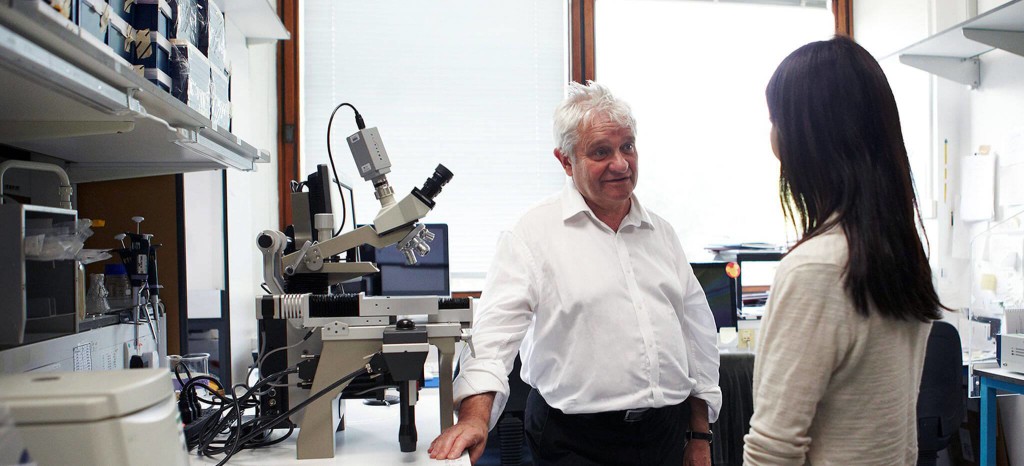
4. He’s as humble as heck: Beating Sydney Brenner to the Nobel Prize “was really embarrassing”.
“Darwin was a really interesting guy. He had a great imagination but he then supplemented it with this enormous capacity for hard work. Collecting data, observations until you could just collapse under it, you couldn’t resist it anymore. If you read the ‘Origin of the Species’ – which people often don’t do — it is page after page of observation to support his argument.
“From modern, or close to modern times, the two scientists who really did impress me were Brenner and Crick. They did some brilliant experiments, very insightful, very clever and laid the foundations for the way we think about the living world. What was really embarrassing for me personally was that I received the Nobel Prize before Sydney Brenner! I mean, this was an absurd fact as far as I could see. Sydney received the prize the following year and so I felt better.”
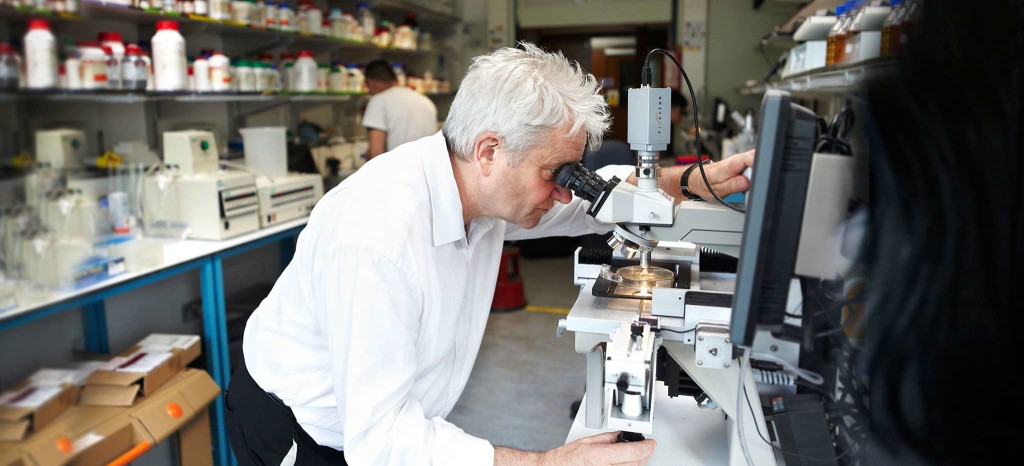
5. He takes science’s responsibility towards society very seriously.
“I have always wanted to have the freedom to pursue what interests me. I realise this is an enormous privilege because I’m being paid lots of money by society to establish and run a laboratory. Therefore in some way, the work I do has to be to society’s advantage. I feel responsible for that.
“I think many scientists, therefore, have a real responsibility to engage with the public. I don’t think all scientists should do it. In actual fact I think the majority of scientists shouldn’t because most of us aren’t very good at it, and why should we be? But when you have people who are good, or even very good, at communicating their science, who can act as ambassadors, you really should nurture them. We’ve got to take public engagement really seriously.”
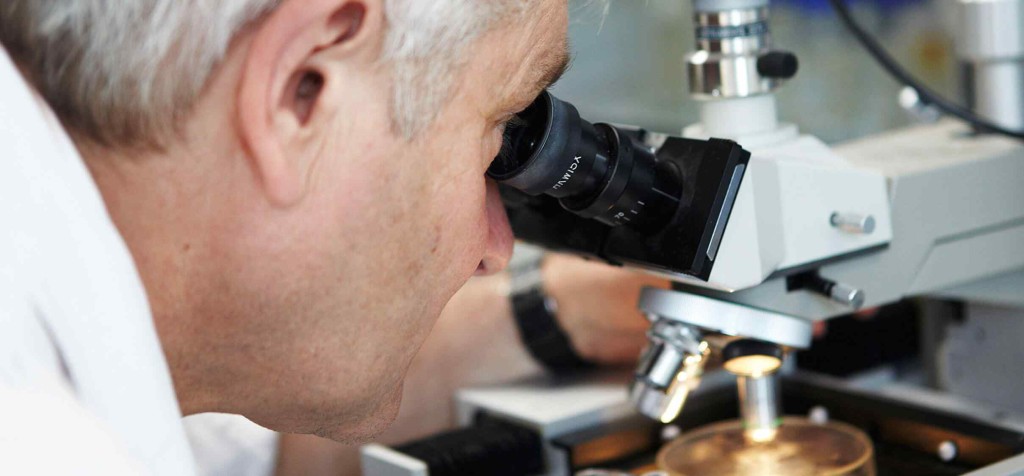
6. He discovered perhaps his biggest genetic secret aged 57.
”I looked at my birth certificate. That was not my mother’s name,” he told the Guardian. But that’s another story altogether.
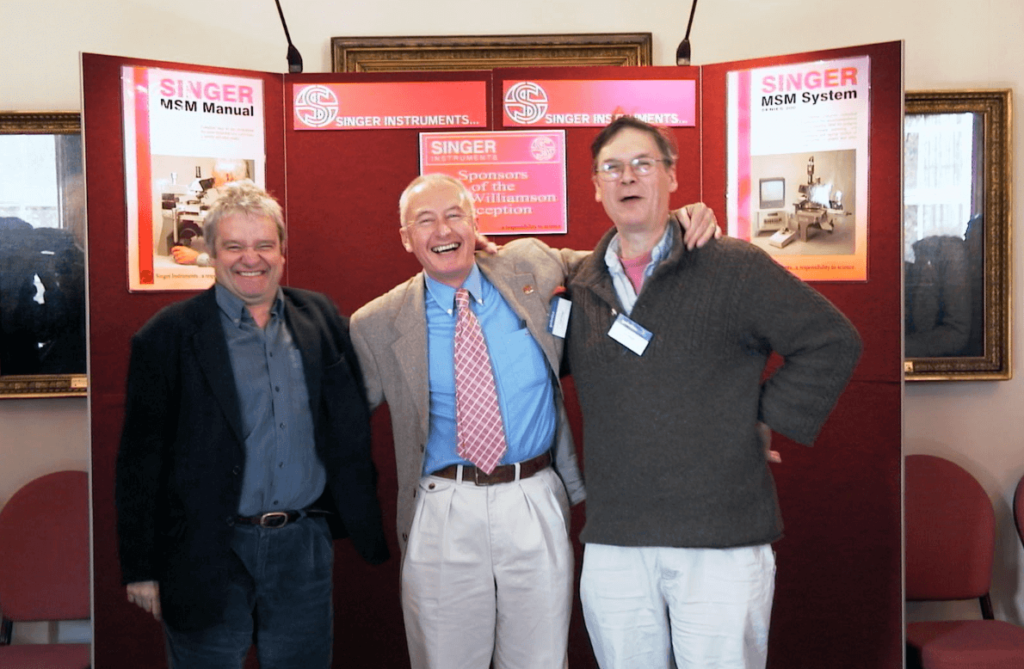
See how your lab could benefit from the MSM 400.
Enhance your tetrad dissection with our world leading scopes.